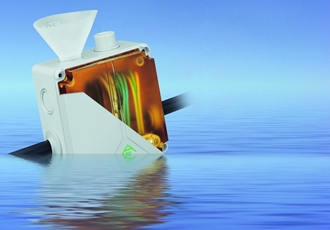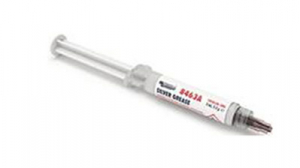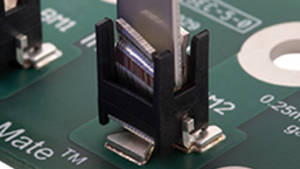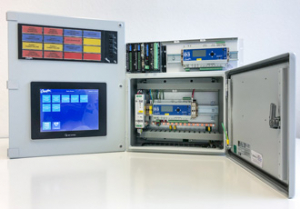The questions to ask when specifying an electrical enclosure

Engineers cannot be experts at everything, so they often bring in specialists to help out. And asking the right questions will help ensure a successful outcome to each project. Here, Chris Lloyd, Managing Director of Spelsberg UK identifies the key things to consider about electrical enclosures.
First there was the internet; then there were smart phones. Together, they put all the information in the world in your pocket. This means engineers can theoretically look up technical details of any sort of product and place an order in an instant.
But every good engineer knows that product selection is about much more than ‘choosing the cheapest’ or one that ‘looks about OK’. There are usually a number of technical issues to assess and balance before the optimum choice is made, so expert advice is still a vital ingredient in the recipe for success.
My field, electrical enclosures, is a prime example. On the face of it, an enclosure is simply a box – hardly rocket science! But let’s look at the key questions to consider before placing an order.
What size enclosure do I need?
Most purchasers won’t want to buy an oversized box, especially as ‘bigger’ generally costs more. You need a size that will comfortably hold all the electrical equipment, be large enough for easy access – especially during installation and maintenance when tools are being used – and allow air circulation and prevention of heat build-up. It is also a nice idea to have a bit of extra space in case you want to add some more equipment at a later date.
You may have to consider external air circulation and space constraints at the installation location too. An option to consider here is that a different shaped box may make better use of the available space.
What is the best material of construction for an enclosure?
Most suppliers offer a range of materials. As a first principle, we can say that metal corrodes, transmits electricity, may dent upon impact and explosions, and promotes thermal extremes – so plastic is often the best choice.
Being a bit more technical: PVC is a budget choice suitable for low-end, small junction boxes; polystyrene can be used for internal applications with medium impact requirements and up to IP66/67 ingress protection as standard; polycarbonate can withstand substantial knocks, offers UV protection and up to IP66/67 ingress protection as standard; IP68 can be achieved by using a gelling compound, GRP (glass reinforced polyester) is suited to extremely harsh industrial environments and can be manufactured with UV stabilisers for outdoor use.
Is IP68 necessary or can I specify lower?
An enclosure is intended to provide protection against impact, humidity, moisture, spray, water, dust, dirt and other environmental factors. The IP rating (International (or Ingress) Protection Marking), IEC standard 60529, identifies the degree of protection provided against the intrusion (including hands and fingers) by mechanical casings and electrical enclosures.
With enclosures, IP68 is typically considered to be best (although there is higher available). However, most applications don’t require protection from full submersion in water, meaning that lower ratings are often suitable. Typically the higher the rating the higher the unit price and longer the installation time; so it’s worth thinking about what protection is really needed.
How can customisation reduce my overall costs?
Leading enclosure suppliers offer a customising service, so that the perfect solution can be provided, even for unusual installations. Options may include extra ventilation, enhanced water resistance, extra impact protection and one-off shapes. Typically, a bespoke enclosure does not cost significantly more than a standard product and can be made quickly.
In conclusion we can see how a few informed questions may influence selection choices. Even in today’s highly connected world, an expert is often indispensable.
Similar articles
More from Spelsberg els
- Electrical equipment selected for new headquarters 16th April 2019
- Fire protection enclosures contribute to safety 3rd April 2019
- Innovative IBT system chosen for London residential project 19th December 2018
- Act now to prevent frozen and burst pipes 17th December 2018












Write a comment
No comments